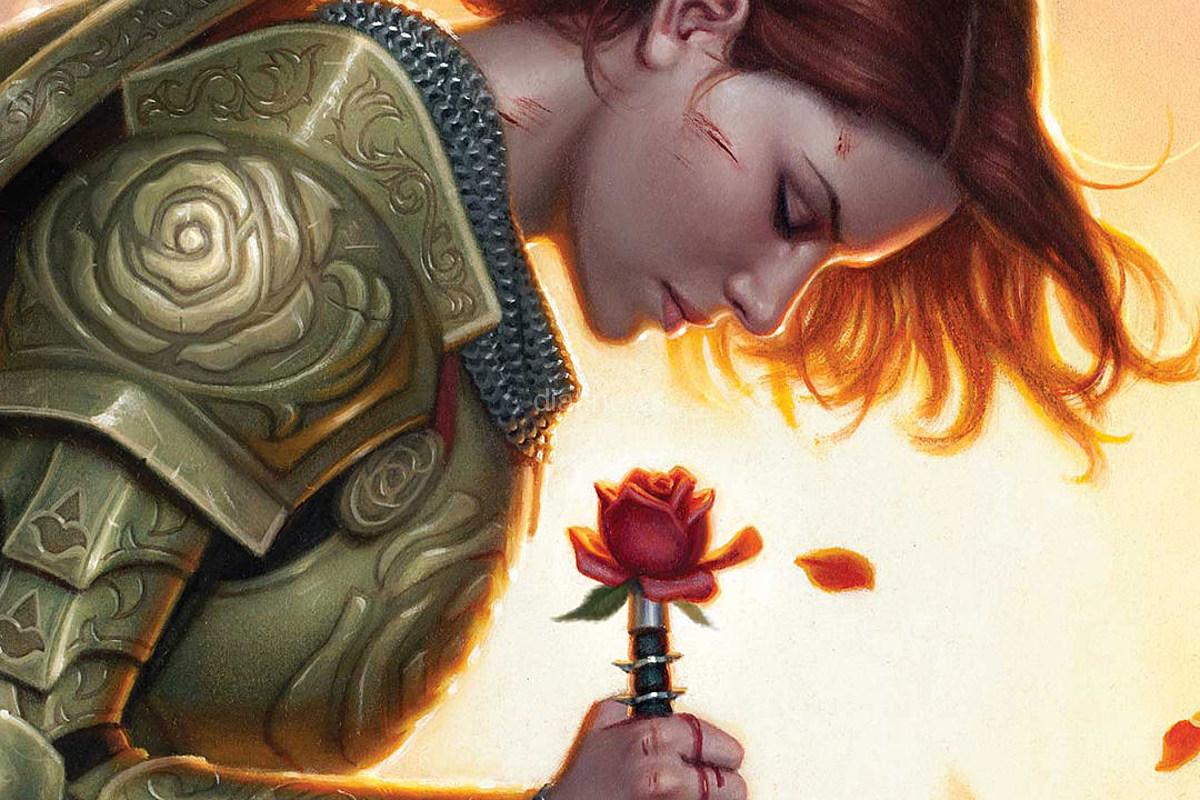[ad_1]
Although no longer an ongoing imprint at DC Comics, the Vertigo Comics line is responsible for some of the most popular and impactful comic book stories of the late 20th and early 21st century. Vertigo gave us Preacher and Y: The Last Man. It became the home of Neil Gaimain’s The Sandman during the later years of its run, and was the publisher of most of its spinoffs and sequel series. (The same goes for Doom Patrol and Hellblazer.) You’ve probably heard of all of those comics even if you never read them, because all of the aforementioned series have been turned into films or TV shows.
One of the most acclaimed and popular of all Vertigo series, Fables, never got a screen adaptation, but it’s not for lack of trying. Several different TV shows were attempted, and about eight years ago, X-Men: First Class writer Jane Goldman was brought in to write a script for a Fables movie. None came to fruition, but there was a Fables video game a few years ago.
The man who created Fables is Bill Willingham, who wrote every issue of Fables as well as many other Fables spinoffs and tie-ins during it 20+ year run that started at Vertigo in 2002. But now, in a press release he posted to his Substack, Willingham announced he has taken a drastic step: He says he is putting Fables into the public domain.
READ MORE: Actors Who Turned Down Major DC Roles
You can (and should) read Willingham’s entire post at his Substack, but the main source of this bold and surprising move is Willingham’s frustration with DC, and particularly with the company’s current corporate leadership. “At one time the Fables properties were in good hands, and now, by virtue of attrition and employee replacement, the Fables properties have fallen into bad hands,” Willingham explains.
He goes on to cite some of the examples of his dealings with the current regime at DC, with issues stemming from relatively minor (allegations of delayed royalties payments, or their forgetting to consult him on matters like the design of new Fables trade paperbacks) to more substantial problems. Here is how he lays out some of his biggest concerns, including trying to “strong arm the ownership of Fables” from him:
First they tried to strong arm the ownership of Fables from me. When Mark Doyle and Dan Didio first approached me with the idea of bringing Fables back for its 20th anniversary (both gentlemen since fired from DC), during the contract negotiations for the new issues, their legal negotiators tried to make it a condition of the deal that the work be done as work for hire, effectively throwing the property irrevocably into the hands of DC. When that didn’t work their excuse was, “Sorry, we didn’t read your contract going into these negotiations. We thought we owned it.” … More recently, during talks to try to work out our many differences, DC officers admitted that their interpretation of our publishing agreement, and the following media rights agreement, is that they could do whatever they wanted with the property.
Since he cannot unilaterally end his deal with DC, Willingham says he decided to do the one thing he could do, which was to put Fables into the public domain. Which would mean that while he cannot make new Fables material (at least not without DC’s involvement), anyone else on the planet can, without his or DC’s permission. (He does say creators “might get my blessing, depending on your plans.”)
Although comic books are not covered by the same deals (or lack thereof) that spawned the ongoing writers’ strike in Hollywood, it’s easy to see Willingham’s beef as an extension of the same issues: Corporations with enormous (and, in the eyes of the writers’, unfair) control over properties created by others, along with an undue share of the profits. The worlds of film and TV have radically evolved in the last few years, leaving many writers feeling like they are not getting an adequate piece of the pie.
At the end of his statement, Willingham writes “It was my absolute joy and pleasure to bring you Fables stories for the past twenty years. I look forward to seeing what you do with it.”

DC Comics That Can’t Become DC Movies
These popular DC Comics titles can never get their own DC movies. (Sorry.)
[ad_2]

